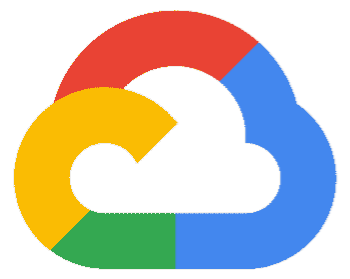Azure vs. AWS vs. Google Cloud
Leading cloud platforms
As the concept of the cloud has become much more than just a buzz word and the cloud market is growing explosively, competition among the leading providers of cloud infrastructure (Infrastructure as a Service / IaaS) and platforms (Platform as a Service / PaaS) is also growing . The leading IaaS and PaaS solutions are Microsoft's Azure, Amazon's AWS and Google Cloud as all three have a prominent position among the many cloud companies.
Overall, Amazon is currently the leading provider on the cloud market, at least they have the largest market share. But even though AWS is the largest provider, it does not mean that it is the best, or cheapest, it depends entirely on which need of functionality you have. For example, with their cloud platform Azure, Microsoft offers a particularly strong SaaS solution that is highly suited for hosting, for example, ERP systems such as Business Central.
Amazon Web Services / AWS
With Amazon's cloud platform, you get a large number of tools, where new tools are added as the solution grows.
 |
The cost structure is, to say the least, difficult to figure out and AWS unambiguously focus on public cloud rather than hybrid or private cloud. This means that AWS works poorly with your data center and therefore AWS is not suitable for hybrid installations. AWS is also not competitive on price, in fact, AWS can be up to five times more expensive than Azure.
Microsoft Azure
With an exceptional cloud infrastructure, Microsoft's cloud service is a close and serious competitor to Amazons AWS.
 |
Not least if you are a business customer, you should consider Microsoft's cloud platform. Very few companies have the business background and understanding that Microsoft has built up over many years through their many business applications, for example Navision. In addition, Azure is working hard to incorporate the platform with data centers and is therefore alsom prepared for hybrid installations.
Google Cloud
Google entered the cloud market later than its competitors and also stands out by not focusing on the business market.
 |
Google Cloud, on the other hand, is aimed primarily at private customers. With Google Cloud, you get both technical expertise and a range of tools for deep learning and artificial intelligence, machine learning and data analysis.
